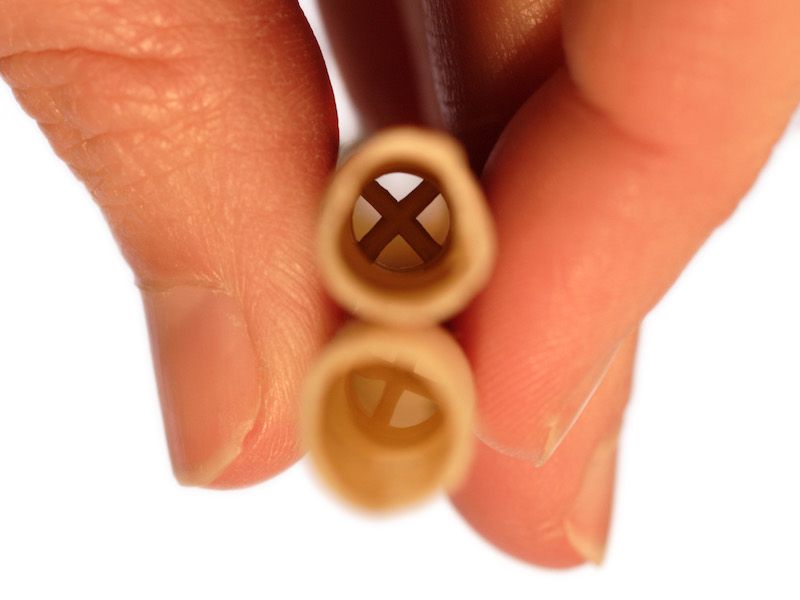
There’s a lingering belief in some circles that a practice known as “ear candling” is a good way to minimize your earwax. Does ear candling work and what is it?
Do Earwax Candles Work?
Spoiler alert: No. They absolutely don’t work.
Why then do normally logical people persistently think in this pseudo-science. That’s a difficult question to answer. But even though the logical choice is fairly obvious, understanding more about the dangers of earwax candling will help us make an educated choice.
Earwax Candling, What is it?
So the basic setup goes like this: Maybe you’re not certain how to eradicate all your accumulated earwax. You’ve read that it’s dangerous to use cotton swabs to clean your earwax out. So, after doing some investigate, you discover a technique called earwax candling.
Earwax candling is supposed to work as follows: You produce a pressure differential by putting the candle in your ear, wick side out. This pressure difference then sucks the wax out. Any wax that might be backed up in your ear can, theoretically, be pulled out by this amount of pressure. But this hazardous practice is not a smart method of cleaning your ears.
The Reason Why Ear Candling Doesn’t Work
There are several issues with this practice, including the fact that the physics simply don’t work. There’s just no way for a candle to generate that kind of pressure differential (and in order to move earwax around, that pressure difference would have to be quite substantial indeed). Second, creating that kind of pressure differential would call for some kind of seal, which doesn’t happen during candling.
Now, the candles used in these “treatments” are supposedly special. When you’re done with your fifteen minutes of ear candling, you can break up the candle and, in the hollow, see all bacteria, debris, and wax that was in your ear. But the problem is you can find this same material in new unburned candles too. So this “proof” is really nonsense.
Earwax candling hasn’t been proven scientifically to have any benefit whatsoever.
So Earwax Candling Doesn’t Work, But is it Safe?
So, you may as well give it a shot, right? Well, any time you get hot candle wax around your ears, you’re asking for trouble. You may be fine if you decide to try earwax candling. Lots of people do. But there are definitely risks involved and it’s definitely not safe.
Here are a few negative impacts of ear candling:
- Once the wax cools down it can block up your ear canal. This can cause you to temporarily lose your hearing or, in the most severe cases, call for surgery.
- You could cause severe damage when you play around with an open flame and possibly even put your life in danger. You wouldn’t want to burn your house down, would you? It’s not worth the danger to attempt this ineffective technique of wax removal.
- Extreme burns to your inner ear. Extreme hearing problems and burns can be the result of getting hot wax in your ear. This could permanently compromise your hearing in the most severe cases.
You Can Clean Your Ears Without Needing a Candle
Most people will never actually need to be concerned about cleaning earwax from their ears. That’s because the human ear is basically a self cleaning system. Nevertheless, there are a few people who will have uncommonly heavy earwax production or buildup to deal with.
If you do need to clean out your ears because of excessive wax, there are scientifically-proven (and reliable) means to do that properly. For example, you could get a fluid wash. Or you might see a professional who will be able to use specialized tools to clean the extra wax or wax blockages out of the way.
Cotton swabs are definitely not the way to go. And you should also stay away from using an open flame to clear out earwax. Earwax candling doesn’t work, and it can create risks that will put your comfort and your hearing in considerable peril. Try burning candles for their sent or for enjoyment but not as a means to clean your ears.
